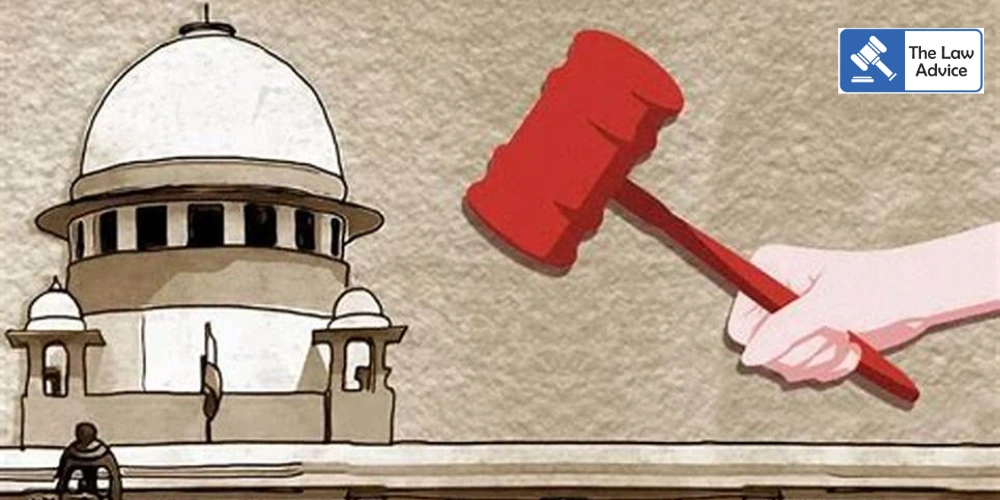New Delhi | July 24, 2025
The Supreme Court of India has categorically held that the Doctrine of Merger, a principle used to absorb lower court decisions into higher court judgments, cannot apply to orders obtained by fraud.
Delivering a sharp reminder that justice cannot stand on fraudulent foundations, a three-judge bench comprising Justices Surya Kant, Dipankar Datta, and Ujjal Bhuyan ruled that fraud vitiates all judicial proceedings, and even appellate decisions cannot “cleanse” an order that was born out of deceit.
What Was the Issue?
The case arose from a disputed land acquisition matter, where the petitioner alleged that an earlier court order confirming possession was secured using false affidavits and manipulated facts. The respondents argued that since the matter had been upheld in appeal, the Doctrine of Merger protected the original order from being reopened.
But the Court disagreed and forcefully.
“When fraud is the foundation, the entire superstructure of judicial endorsement collapses,” said the Bench.
Understanding the Doctrine of Merger
Normally, when a case is appealed, and a higher court delivers its ruling, the lower court’s decision gets absorbed or “merges” into that appellate order. This ensures there’s only one binding and enforceable judgment on record.
But the Court clarified: This principle does not apply to fraudulently secured orders. Such orders are legally non-existent and cannot form the basis of any further judicial authority.
What the Court Held
• An order obtained by fraud, suppression of truth, or manipulation is null and void from the beginning.
• Even if such an order is upheld or merged in an appeal, it does not gain legitimacy.
• The Doctrine of Merger doesn’t operate when the foundational order is tainted by dishonesty.
• Courts are empowered—and duty-bound—to recall or strike down such orders, regardless of how procedurally “final” they appear.
Case Title: Vishnu Vardhan v. State of Uttar Pradesh & Ors.
